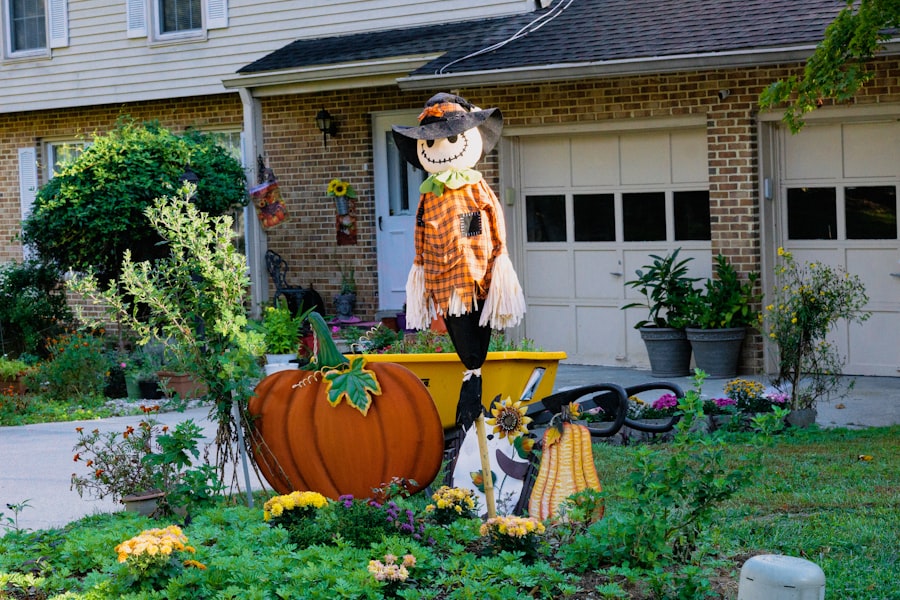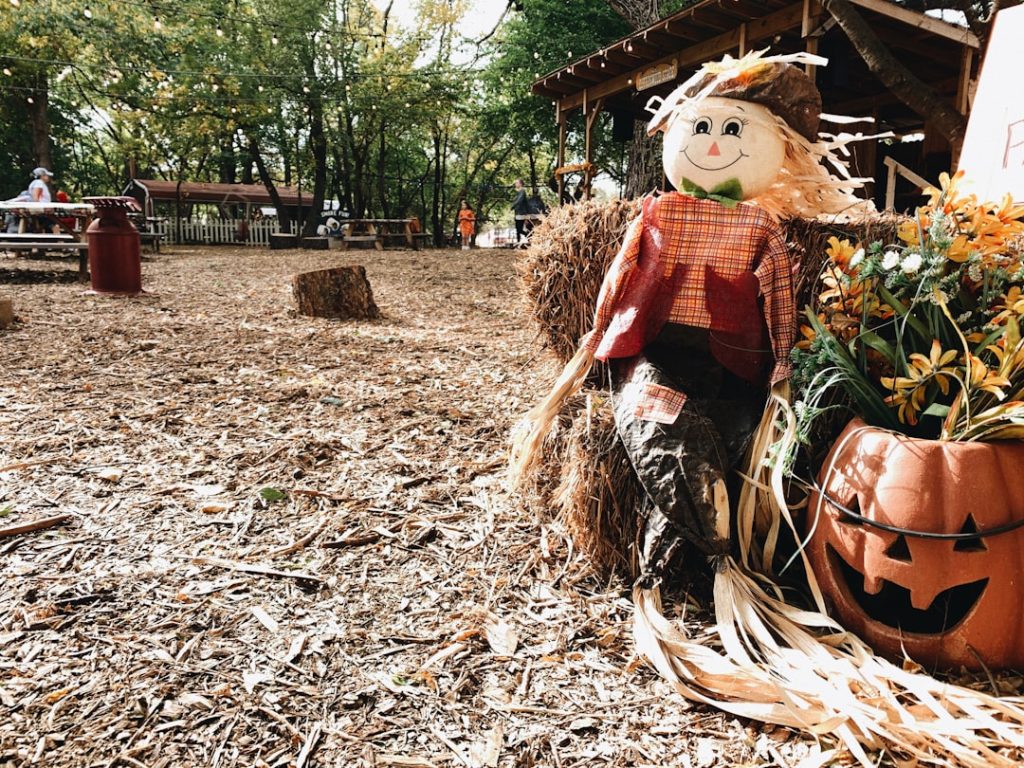Ravens are highly intelligent and adaptable birds known for their problem-solving skills. They are opportunistic feeders, consuming a variety of food sources including crops, garbage, and pet food. Ravens exhibit strong social behaviors, often working cooperatively to locate food and defend their territory.
Understanding raven behavior is essential for developing effective deterrent strategies to prevent damage to crops and property. Ravens are naturally curious and will investigate objects of interest. They are also territorial, aggressively defending their nesting sites and food sources.
This territorial behavior can lead to conflicts with humans, particularly in agricultural areas where ravens may target crops or livestock. By comprehending raven behavior, farmers and property owners can implement targeted deterrent strategies. These may include physical barriers, visual and auditory deterrents, habitat modification, improved husbandry practices, and seeking professional assistance when necessary.
Table of Contents
- 1 Implementing Physical Barriers
- 2 Using Visual Deterrents
- 3 Utilizing Auditory Deterrents
- 4 Implementing Habitat Modification
- 5 Practicing Good Husbandry
- 6 Seeking Professional Help
- 7 FAQs
- 7.1 What are some natural ways to keep ravens away from chickens?
- 7.2 Are there any commercial products available to keep ravens away from chickens?
- 7.3 What are some physical barriers that can be used to keep ravens away from chickens?
- 7.4 Why is it important to keep ravens away from chickens?
- 7.5 Are there any legal considerations when trying to keep ravens away from chickens?
Key Takeaways
- Ravens are highly intelligent and curious birds, known for their problem-solving abilities and adaptability.
- Physical barriers such as netting, fencing, and bird spikes can effectively deter ravens from accessing certain areas.
- Visual deterrents like scarecrows, reflective tape, and predator decoys can help to keep ravens away from crops and livestock.
- Auditory deterrents such as distress calls and predator sounds can be used to scare off ravens from specific areas.
- Habitat modification, such as removing food sources and nesting sites, can help to discourage ravens from frequenting an area.
- Good husbandry practices, such as proper waste management and securing food sources, can help to reduce the attractiveness of an area to ravens.
- Seeking professional help from wildlife experts or pest control professionals may be necessary for persistent raven problems.
Implementing Physical Barriers
Protecting Crops and Livestock
One effective way to deter ravens from causing damage to crops or property is by implementing physical barriers. This can include using netting or fencing to protect crops, livestock, or other vulnerable areas. By creating a physical barrier, farmers and property owners can prevent ravens from accessing their target areas and reduce the risk of damage.
Ensuring Barrier Effectiveness
It is important to ensure that any physical barriers are secure and properly maintained to be effective in deterring ravens. In addition to netting and fencing, other physical barriers such as scarecrows or predator decoys can also be effective in deterring ravens. These visual deterrents can create the illusion of a threat to the ravens, causing them to avoid the area altogether.
Minimizing Conflict and Protecting Property
By implementing physical barriers, farmers and property owners can protect their crops and property from raven damage while also minimizing the risk of conflict with these intelligent birds.
Using Visual Deterrents

Visual deterrents can be an effective way to deter ravens from causing damage to crops or property. Ravens are highly visual birds and are sensitive to changes in their environment. By using visual deterrents such as reflective tape, scarecrows, or predator decoys, farmers and property owners can create a hostile environment for ravens, causing them to avoid the area altogether.
Reflective tape can be particularly effective in deterring ravens as it creates flashes of light and movement that can startle and deter the birds. Scarecrows and predator decoys can also be effective in creating the illusion of a threat, causing ravens to avoid the area. By using visual deterrents, farmers and property owners can protect their crops and property from raven damage while also minimizing the risk of conflict with these intelligent birds.
Utilizing Auditory Deterrents
In addition to visual deterrents, auditory deterrents can also be an effective way to deter ravens from causing damage to crops or property. Ravens are highly sensitive to sound and will often avoid areas where they perceive a threat. By utilizing auditory deterrents such as distress calls or predator sounds, farmers and property owners can create a hostile environment for ravens, causing them to avoid the area altogether.
Distress calls of other birds or predator sounds can be particularly effective in deterring ravens as they mimic the presence of a threat in the area. By utilizing auditory deterrents, farmers and property owners can protect their crops and property from raven damage while also minimizing the risk of conflict with these intelligent birds.
Implementing Habitat Modification
Habitat modification can be an effective long-term strategy for deterring ravens from causing damage to crops or property. By modifying the environment to make it less attractive to ravens, farmers and property owners can reduce the risk of conflict and damage. This may include removing potential food sources such as garbage or pet food, reducing access to nesting sites, or creating barriers to prevent roosting.
By implementing habitat modification, farmers and property owners can create an environment that is less hospitable to ravens, reducing the likelihood of conflict and damage. This long-term strategy can be particularly effective in areas where conflicts with ravens are persistent and ongoing.
Practicing Good Husbandry

Protecting Livestock and Poultry
This may include providing secure housing for livestock and poultry, using netting or fencing to protect vulnerable areas, and implementing strategies to minimize attractants such as food scraps or carcasses.
Managing Waste and Food Sources
In addition to protecting livestock and poultry, practicing good husbandry can also involve managing waste and food sources to reduce the risk of attracting ravens.
Minimizing Conflict and Ensuring Welfare
By practicing good husbandry, farmers can minimize the risk of conflict with ravens while also ensuring the welfare of their livestock and poultry.
Seeking Professional Help
In some cases, seeking professional help may be necessary to effectively deter ravens from causing damage to crops or property. Professional wildlife management experts can provide valuable insight and expertise in developing targeted strategies to deter ravens while minimizing the risk of harm to the birds. This may include implementing non-lethal deterrents, conducting habitat assessments, or developing long-term management plans.
By seeking professional help, farmers and property owners can access specialized knowledge and resources to effectively manage conflicts with ravens. Professional wildlife management experts can also provide guidance on legal considerations and ethical practices when dealing with nuisance wildlife, ensuring that deterrence strategies are implemented in a responsible and humane manner. In conclusion, understanding the behavior of ravens is crucial in developing effective strategies to deter them from causing damage to crops or property.
By implementing physical barriers, using visual deterrents, utilizing auditory deterrents, implementing habitat modification, practicing good husbandry, and seeking professional help when necessary, farmers and property owners can effectively manage conflicts with ravens while minimizing the risk of harm to these intelligent birds.
If you’re looking for more tips on keeping your chickens safe, you might want to check out this article on choosing the right heater for your chicken coop. It’s important to keep your chickens warm and comfortable, especially during the colder months, and this article provides some helpful advice on how to do just that.
FAQs
What are some natural ways to keep ravens away from chickens?
Some natural ways to keep ravens away from chickens include using scare tactics such as hanging shiny objects, using noise deterrents like wind chimes or predator calls, and keeping a vigilant watch over the chickens to scare off any approaching ravens.
Are there any commercial products available to keep ravens away from chickens?
Yes, there are commercial products available such as predator decoys, motion-activated sprinklers, and electronic deterrents that emit sounds or lights to scare off ravens.
What are some physical barriers that can be used to keep ravens away from chickens?
Physical barriers such as netting, wire mesh, and fencing can be used to keep ravens away from chickens. It’s important to ensure that the barriers are secure and cover all areas where ravens may try to access the chickens.
Why is it important to keep ravens away from chickens?
Ravens are known to be opportunistic predators and may prey on chickens if given the chance. Keeping ravens away from chickens helps to protect the chickens from potential harm and loss.
Are there any legal considerations when trying to keep ravens away from chickens?
In some areas, ravens may be protected under wildlife conservation laws, so it’s important to check local regulations before using any deterrent methods. It’s also important to ensure that any deterrent methods used do not harm the ravens or other wildlife.
Meet Walter, the feathered-friend fanatic of Florida! Nestled in the sunshine state, Walter struts through life with his feathered companions, clucking his way to happiness. With a coop that’s fancier than a five-star hotel, he’s the Don Juan of the chicken world. When he’s not teaching his hens to do the cha-cha, you’ll find him in a heated debate with his prized rooster, Sir Clucks-a-Lot. Walter’s poultry passion is no yolk; he’s the sunny-side-up guy you never knew you needed in your flock of friends!







